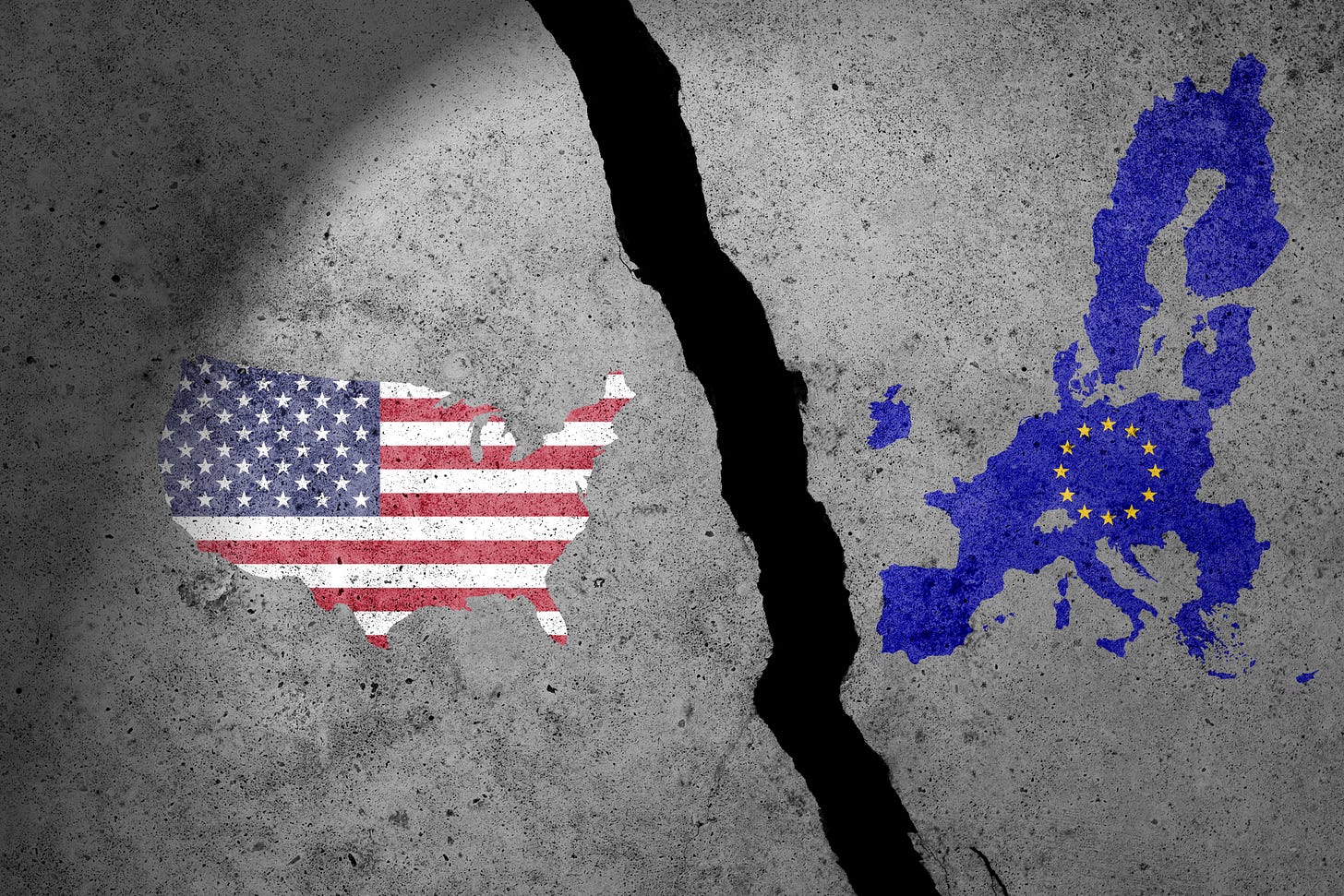Distrust of the USA Is Reshaping European Military Intelligence
By Owen Sullivan | 22 October 2025
Across Europe, the quiet realignment of power is no longer theoretical. Inside ministries and underground command rooms, intelligence officials are beginning to treat the United States less as a trusted partner and more as a potential liability. The decades-old habit of feeding data into Washin…


